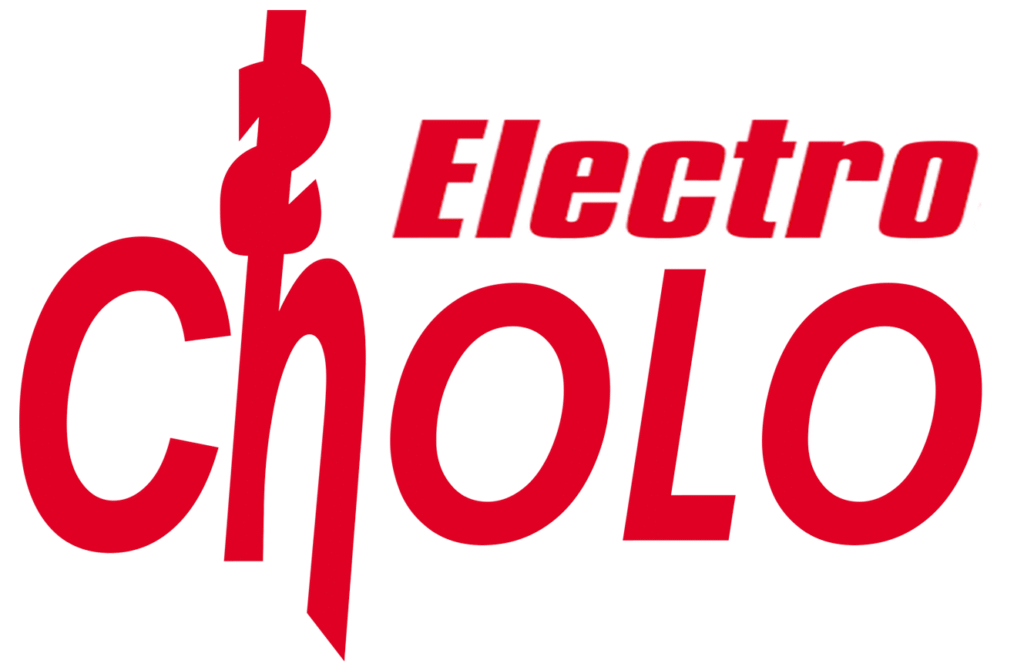Biomass
Superfoods made from microalgae cultivated using a power plant
![]()
Algae for Healthy World, a consortium to produce microalgae biocompounds for food applications, has been launched. The seven entities that comprise it—AINIA, the Center for Biological Research (CSIC-CIB), Endesa, Mar Cristal Marilum, Neoalgae Micro Seaweeds Products, Novatec, and the University of Cádiz—have met to formally launch the project, whose objective is to develop the necessary biotechnological tools to improve and optimize the production of marine biomass.
The consortium, led by Endesa and with the University of Cádiz as technical coordinator, comprises seven partners with diverse backgrounds (each a leader in their respective field of research), who contribute a complementary and multidisciplinary perspective. At the launch meeting, the project promoters emphasized the study's objective of "generating new products and increasing the profitability of microalgae cultivation technology on an industrial scale, as well as positioning Spain as a leader in the production of these bioproducts." The microalgae biomass market currently generates approximately 10,000 tons of dry matter per year, representing a global revenue of around eur1.5 billion annually.
The Algae for Healthy World project, A4HW, has a budget of one million eurfor a development period of two years and is co-financed by the EurUnion through the ERDF funds, within the Collaborative Challenges program of the Ministry of Economy, Industry and Competitiveness (specifically “Challenge of food safety and quality; productive and sustainable agricultural activity, natural resources, marine and maritime research”).
Furthermore, the project also aims to develop the necessary biotechnological tools to improve and optimize biomass production and to study pigments—primarily antioxidants—and other value-added fractions from different microalgae, focusing its research on various strains of Spirulina, Nannochloropsis gaditana, and Pyrocystis. The project's results will be validated at Endesa's 1,500 m² microalgae pilot plant for CO2 capture and fixation, which has been operating since 2006 in Carboneras (Almería), to demonstrate the potential uses of microalgae and their extracts in the food sector.
